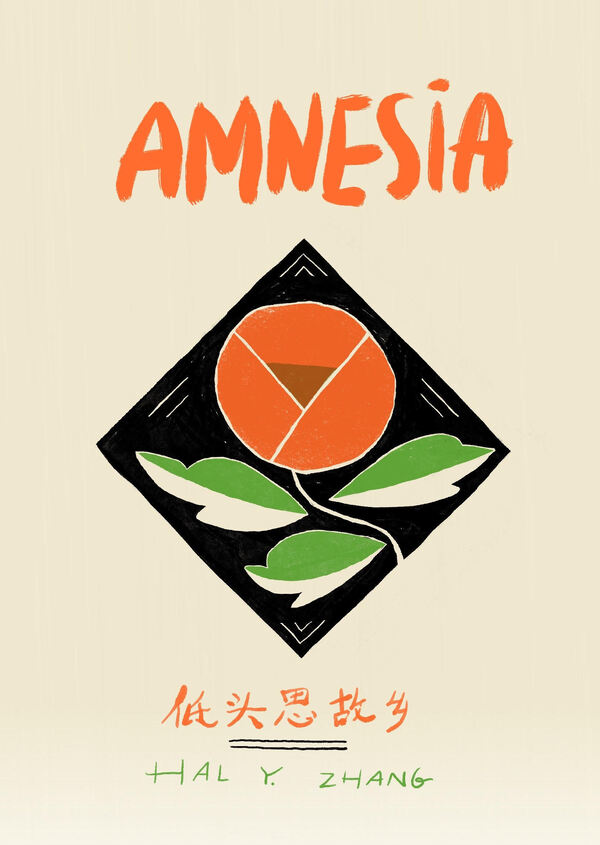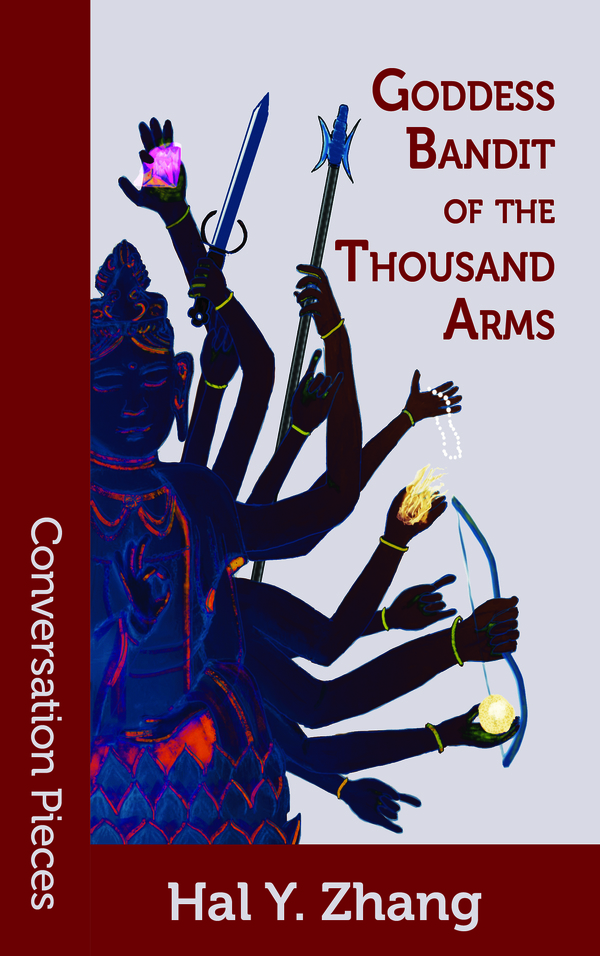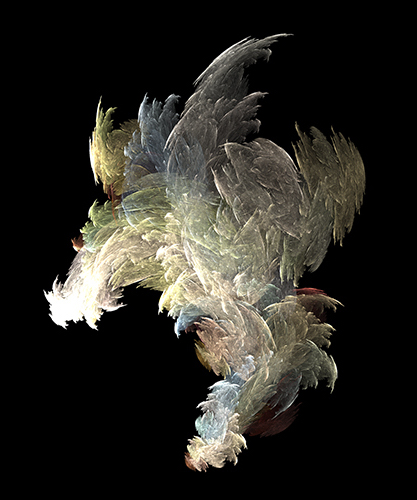
AMNESIA
A poetry chapbook about the jagged bilingual holes in my memory, in 中文 and English.
a puzzle: what is one but two? you have one tongue. you have always had one tongue but the tongue remembers.
August 2020.
Winner of the Eric Hoffer Micro Press Award 2021.
Read poetry excerpts:
what we gain in translation, Kweli Journal
f/loss, Lockjaw Magazine
What people said:
“no one speaks mandarin to me unless / they are desperate.” Hal Y. Zhang’s poems are funny and plainspoken in ways I didn’t know I needed—and then they swerve into devastating yet nourishing dreamscapes I can’t stop wandering through. For a collection called AMNESIA, it is remarkable how vivid this work is, how visceral, down to “gut bacteria” and “consonants for broken birds to nurse.” This chapbook demonstrates how gaps in memory are themselves wildly generative and embraces the subterranean pathways that open up in (mis)translation. Zhang never lets a reader forget that language is more than the words one recalls—it is accusative light and aphoristic teeth and “heart things.” —Chen Chen, author of When I Grow Up I Want to Be a List of Further Possibilities
With thoughtful nods to Chinese poetic history, Zhang’s poems purposefully dis-orient, highlight dis-ease. One must re-orient, like the immigrant, in order to read. For it is an immigrant’s language—more legible and richer the deeper one’s immersion in two places at once. Striking back at the mute pictograph of Pound and Fenollosa, AMNESIA is a breaking-through of character, a touching and daring medium between selves. —Yanyi, author of The Year of Blue Water
“this is chinese, pictographic only for the free trial,” asserts Hal Y. Zhang’s opening poem, setting up an unfolding of “radical loss.” Just as a shadow life trails immigrants and their children through their days, the shadow language of Chinese animates many of these incisive English lines. Spare and visual, Zhang’s poems capture the longings and misunderstandings that come with migration, as well as “what we gain in translation.” AMNESIA is a powerful distillation of complex experience into the fewest possible words. —Adrienne Su, author of Middle Kingdom and Peach State
Amnesia is a shotgun of emotion and epithet and expression. Zhang does not hold your hand as you piece it together. —Joshua Ryan Bligh, Independent Book Review

Goddess Bandit of the Thousand Arms
A poetry-and-prose collection about thousands of facets of different women, all brilliant as jewels.
Be careful, whispers the ruby. I have seen the light, and you will be struck into night.
September 2020.
Read poetry excerpts:
Majorana, back again, Strange Horizons
Steeped in Stars, Uncanny Magazine
Seraphima, Liminality
How to leave the planet, Fireside

Hard Mother, Spider Mother, Soft Mother
Ellery thought she knew Valerie, until she didn't. A small book about the sharp things between mothers and daughters.
It’s been eight hours since she disappeared in body by thoroughly invading me in mind. I’ve never spent so long thinking about a person as I would a math problem, turning her over and over in my brain and looking for invisible hinges that can be pushed and pulled to reveal some piece of her core.
July 2019.
What people said:
In this unexpected sci-fi tale, set in a not-too-futuristic surveillance state, Hal Y. Zhang renders Chinese mother-daughter relationships with tenderness and empathy. —Ling Ma, author of Severance
An optimistically melancholic look at mental illness, consumerism, and how the two can come between our relationships. —Joshua Ryan Bligh, Independent Book Review
